I need help with…
Self Harm
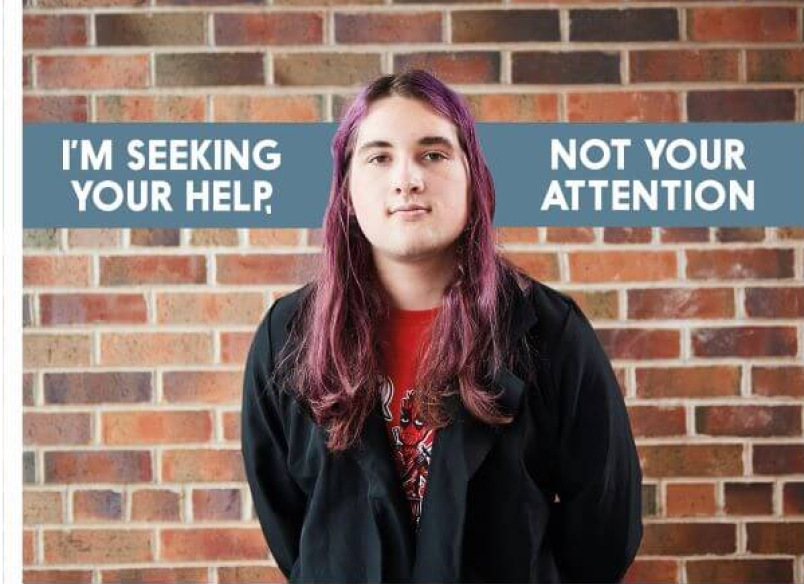
If you need immediate help and are injured you should call 999.
If you are thinking of harming yourself, you can also phone 0808 196 3779, the Nottinghamshire Mental Health Crisis Line, 24/7. SHOUT: is a free, confidential, anonymous text support service for anyone struggling to cope. Available 24/7. Text NOTTS to 85258.
Talking about self-harm can be really difficult, it might even seem impossible. If you are self-harming right now, try to speak to someone you trust about it. If you would prefer to talk to someone you don’t know, check out the ‘Talk to Someone About Your Mental Health’ link on this page.
What is self-harm?
Self-harm is when you hurt yourself intentionally. The reasons why people do this will be different for different people. Some people self-harm as a way of dealing with difficult emotions or to supress upsetting experiences which may be happening now or have happened in the past.
The way in which people self harm can be different too, it can look like:
- Cutting yourself
- Burning yourself
- Biting yourself
- Scratching yourself
- Swallowing harmful substances
- Using drugs or alcohol
- Picking at wounds or scabs to delay wound healing
- Not eating or overeating
- Forcing yourself to throw up
- Spending all your time on addictive behaviours like gambling, gaming or social media
- Engaging in risky behaviours including fights or risky sexual behaviour
- Engaging in self-sabotaging behaviours that harm your emotional or physical wellbeing.
For some people, self-harm can bring short term temporary relief or a sense of control. The act of self-harming releases endorphins which are chemicals that can temporarily calm or numb emotional pain, but this relief is often followed by feelings of guilt, shame and regret.
It can be a really difficult cycle to break out of, but it’s so important for anyone who is struggling with self-harm to explore healthier coping strategies and seek professional help.
Things you can do to help
It’s good to have some ideas in your mind of things that you can do instead of self-harming when you feel the urge building:
- Reach out for support – talk to a trusted friend, family member, teacher, trusted adult or mental health organisation. Talking about your feelings can support you in breaking the cycle of self-harm.
- Self-soothing techniques – take a warm bath, do some deep breathing or engage in some gentle exercise like yoga.
- Create a self-soothe box – fill a box with items which bring you comfort or provide distractions such as stress ball, mindful colouring, photos of loved ones or comforting objects.
- Go for a walk outdoors or do some light exercise you enjoy.
- Listen to your favourite playlist of music, audio book or podcast.
- Write in a journal – sometimes writing down your thoughts and feelings can help you to clear your mind. If you’re not sure what to write, start by just writing anything that comes into your mind, even if that’s “I don’t know what to write”. Start somewhere and let your mind spill onto the page.
- Try some harm minimisation strategies – these can be things like holding ice cubes, hitting a pillow, or snapping a rubber band on wrist.
You can find more self-care techniques like breathing exercises and journaling ideas on our self-care for mental health page.
Why not make a list that is made up of all the things that help? You can include some of the examples above, or include some of your own. When you feel the urge to self-harm, try one of the things on your list.
Below are some videos from YoungMinds, Childline and SHARP Nottingham with some true stories, support and advice:
How to support a friend who has shared that they are self-harming
It can be really hard to hear that someone you care about is self-harming, and you might not know what to say. Here is some advice on how you can help:
Listen without judgement
Let your friend know you are there for them and that whilst you may not have all the right answers or say the right things, you want to listen, support and help them.
Encourage professional help
Offer to help them find resources to support or go with them to appointments if this would help them feel more comfortable.
Avoid making promises
You mustn’t make promises to keep their self-harming a secret. You can explain that their safety and wellbeing is so important to you and encourage them to talk to a trusted adult or mental health professional.
Support with coping strategies
help them make their distraction playlist or create their coping box with them. You could also take up a class or hobby together or go for a walk with them when the urge to self-harm happens.
Take care of yourself
It can be overwhelming supporting someone who is self-harming and it’s essential to understand the effect this may have on your wellbeing. You might not always be able to be there for your friend and that’s OK. Please speak to a trusted adult who can provide the necessary guidance and support.
Get Help Now!
Here are a list of services that can help. The icons below tell you the type of support available.
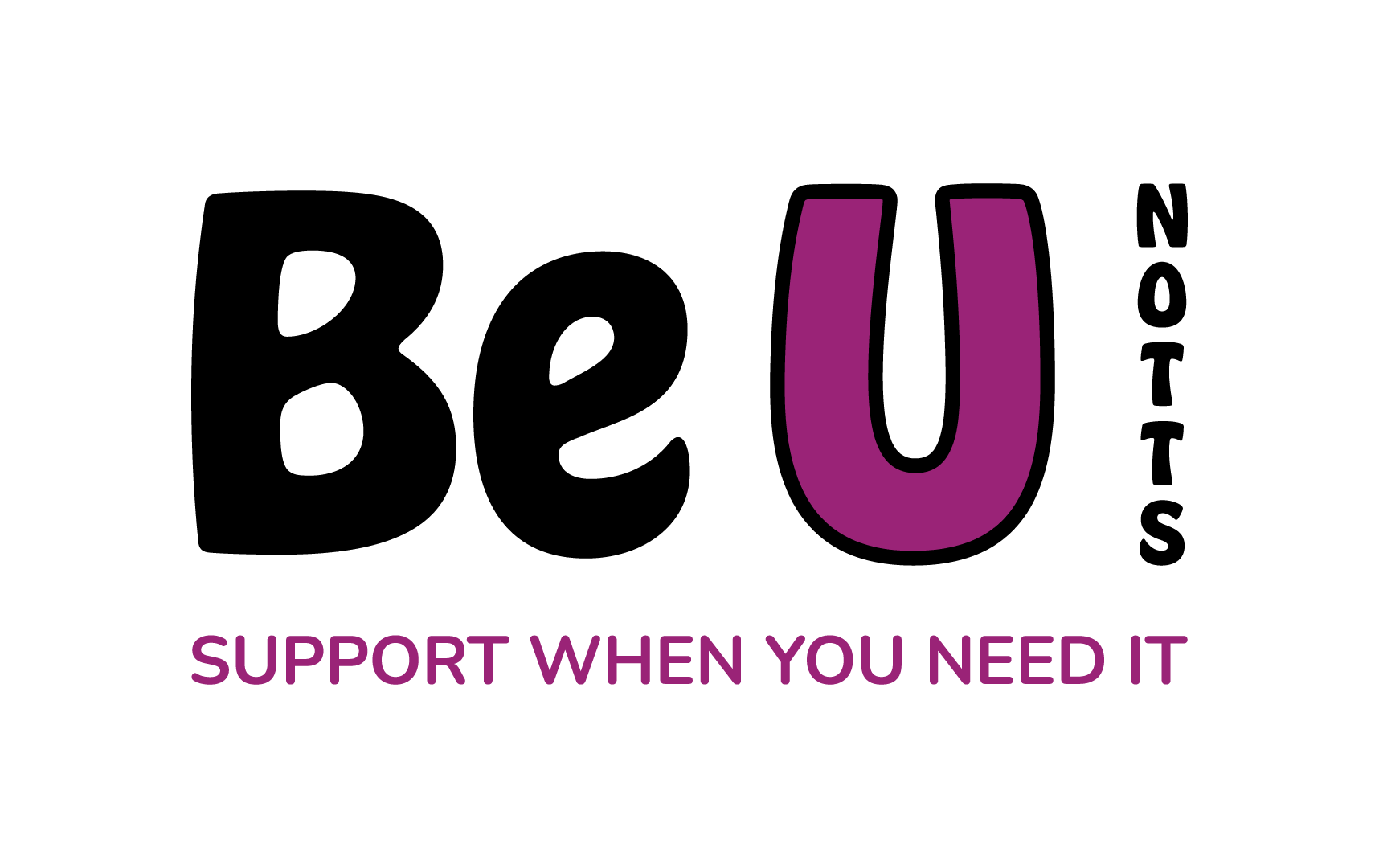
Be U Notts
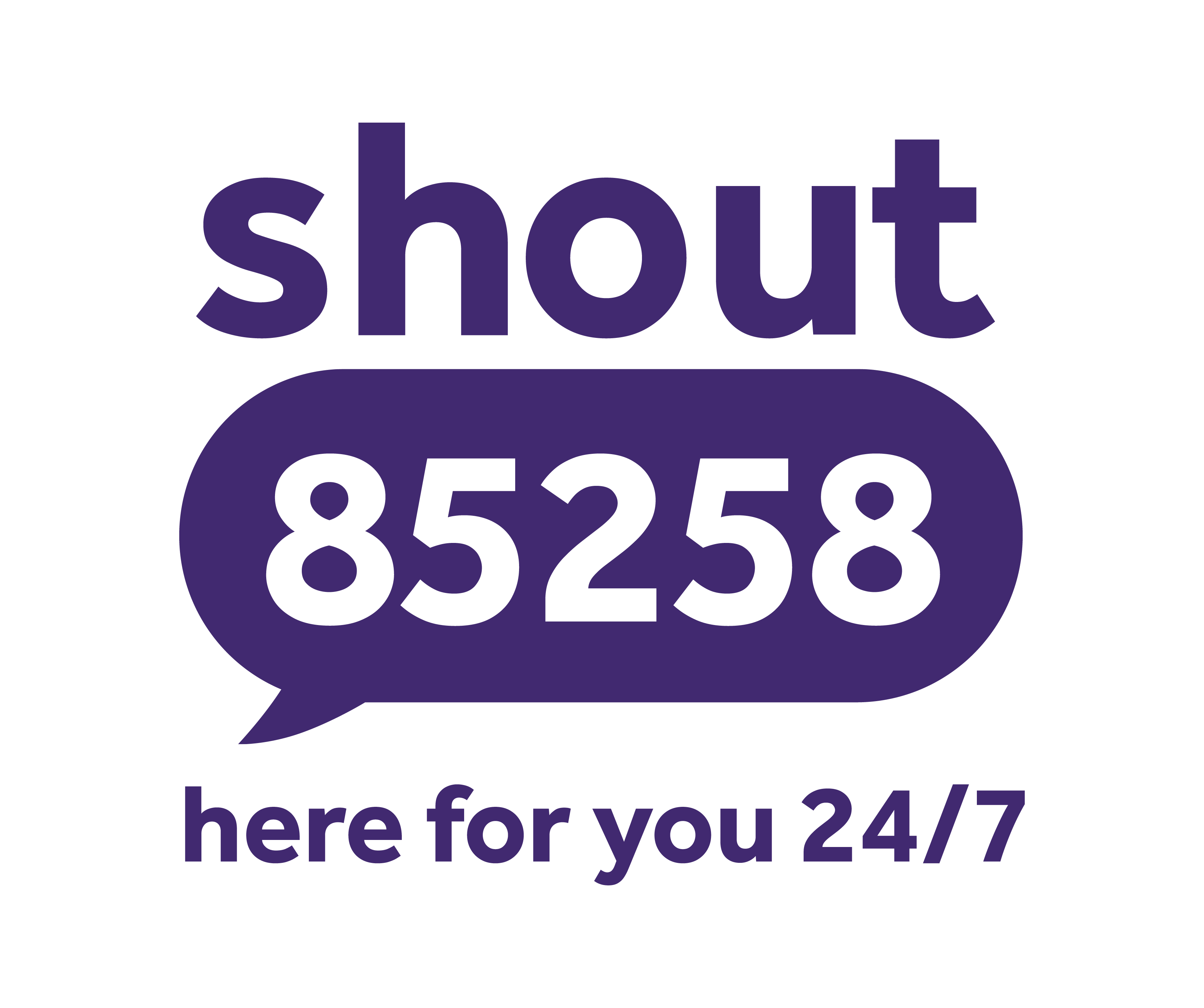
Shout - text 'Notts' to 85258

Young Minds Textline

Nottingham City CAMHS

Nottinghamshire County CAMHS

Harmless
Which services can I access?
Some of the services available operate only within city or the wider county area. Pop your postcode in below to quickly check which services are available to you
Related topics
-
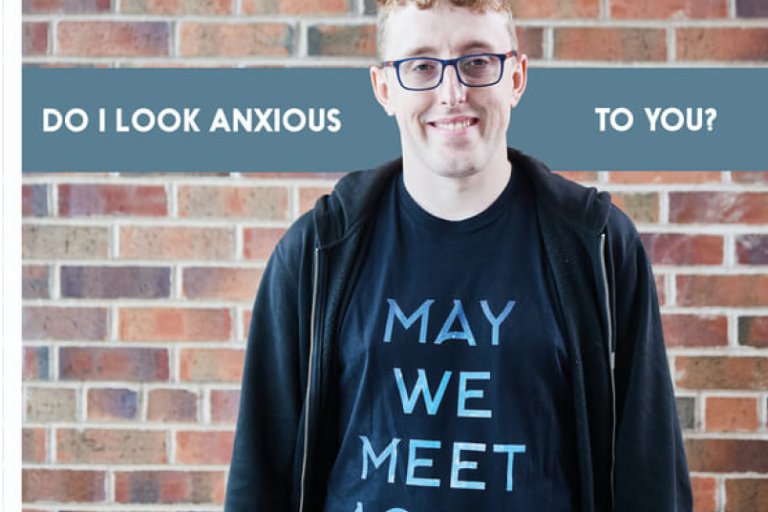
Anxiety and Panic Attacks
Everyone gets anxious now and then and anxiety is actually your body giving you a message that you are not safe.
-
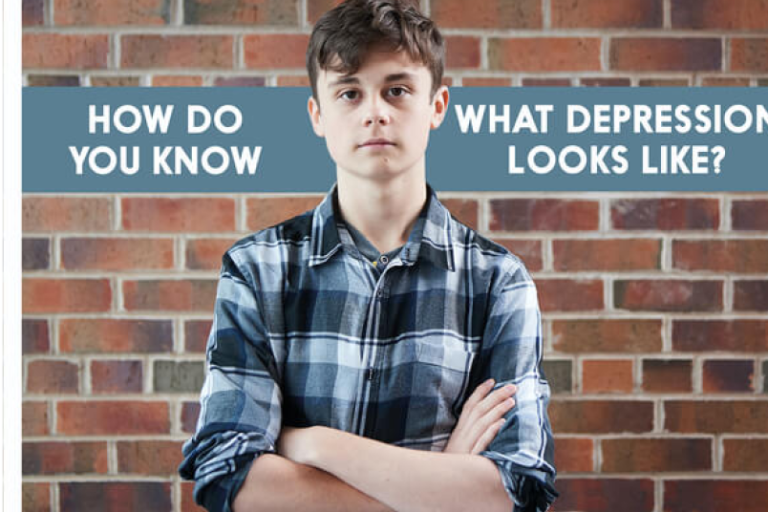
Depression or Low Mood
Everyone has ups and downs. Sometimes you might feel a bit low, for lots of different reasons. People may say that they are feeling depressed when they are feeling down, but this does not always mean that they have depression.
-
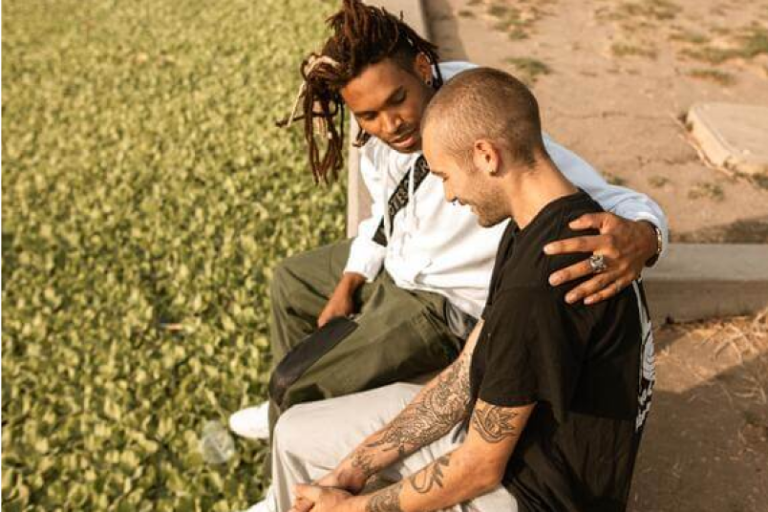
Suicidal Thoughts
If you are feeling down and can see no way out, remember you are not alone. Lots of people have felt like this and with the right help and support, they have been able to move past this. Talk to someone as soon as possible and let them know how you are feeling.
-
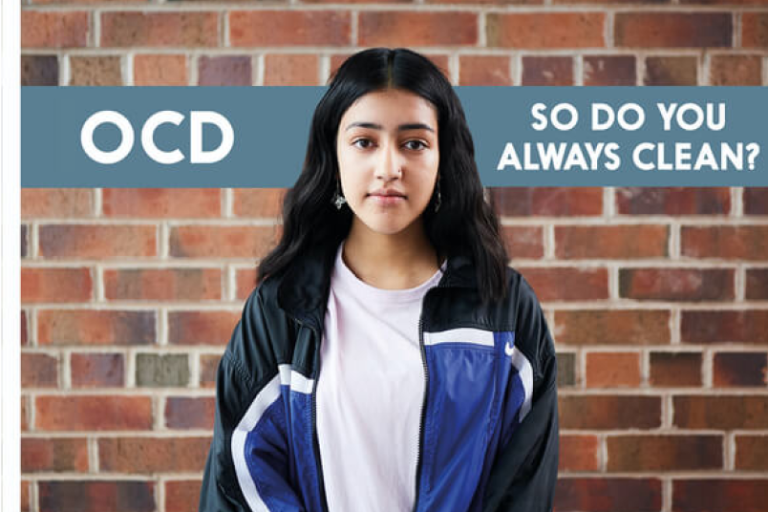
Obsessive Thoughts
Obsessions are specific thoughts that are intense and intrusive. It can feel like your thoughts are taking over and controlling your behaviour. Compulsions are ritual behaviours that people use to try to reduce anxiety linked to intrusive thought
-

Bullying
Bullying is repeated behaviour intended to hurt someone emotionally or physically. Bullying is often aimed at certain people because of their race, religion, gender or sexual orientation or any other aspect such as appearance or disability.